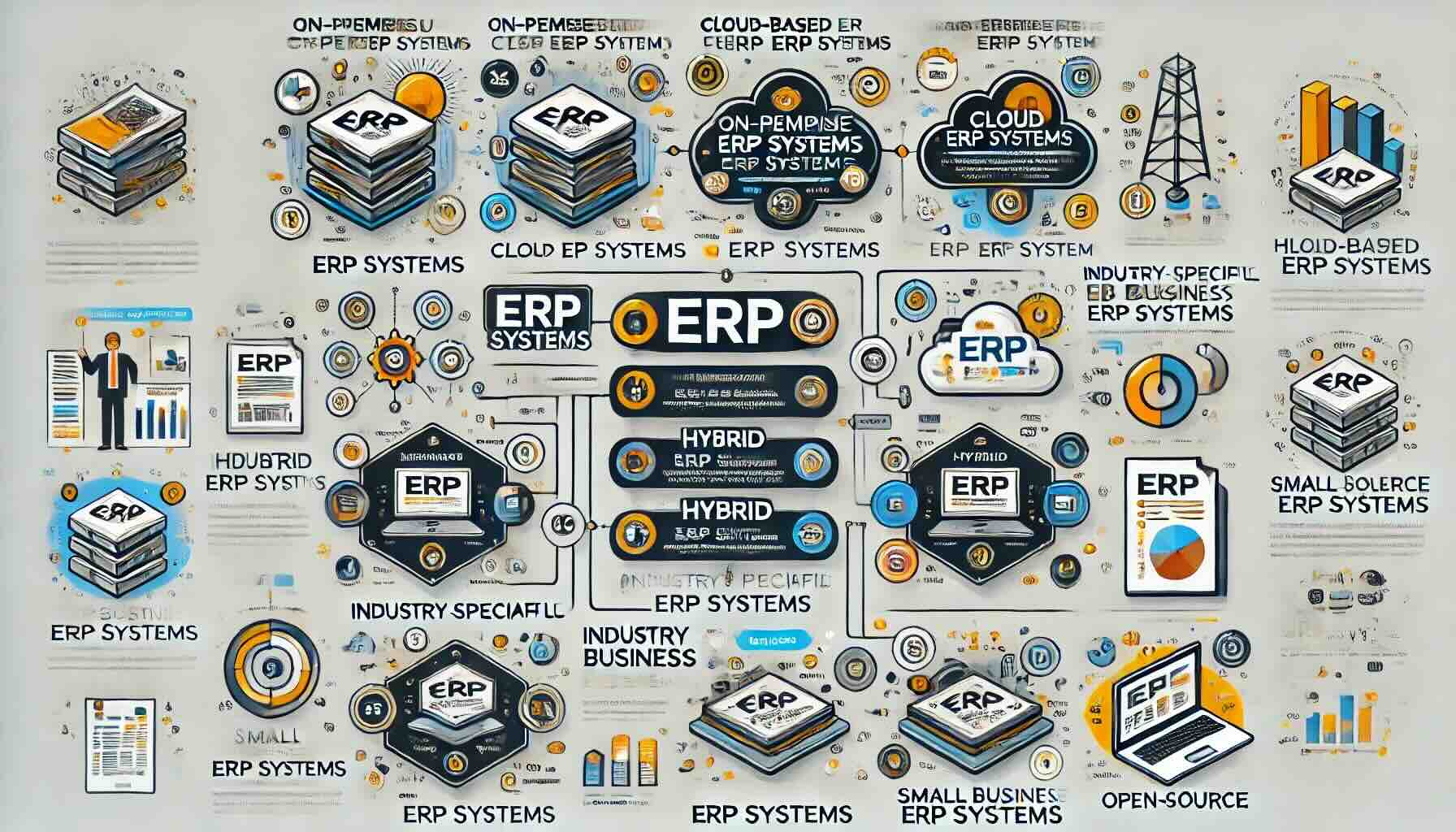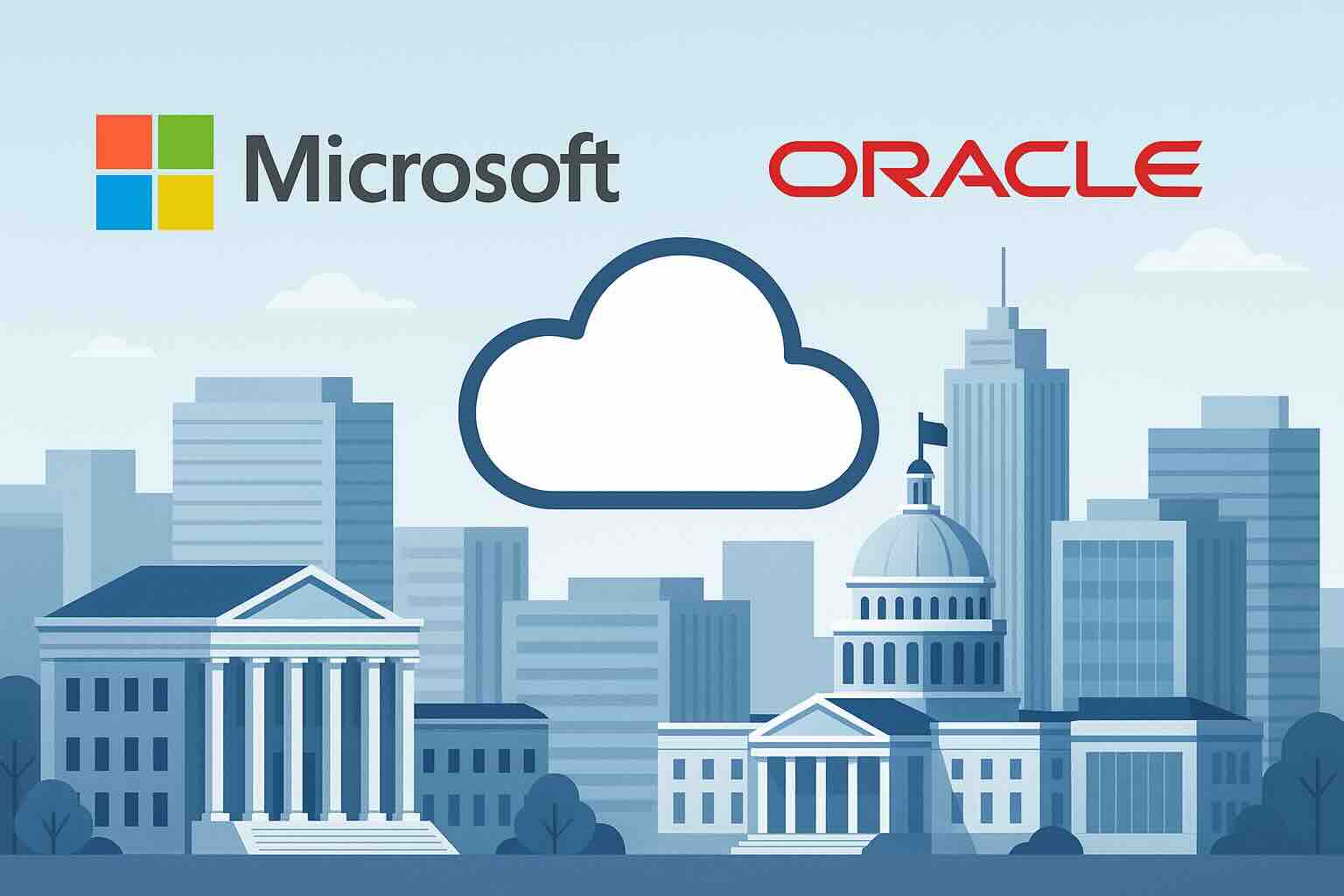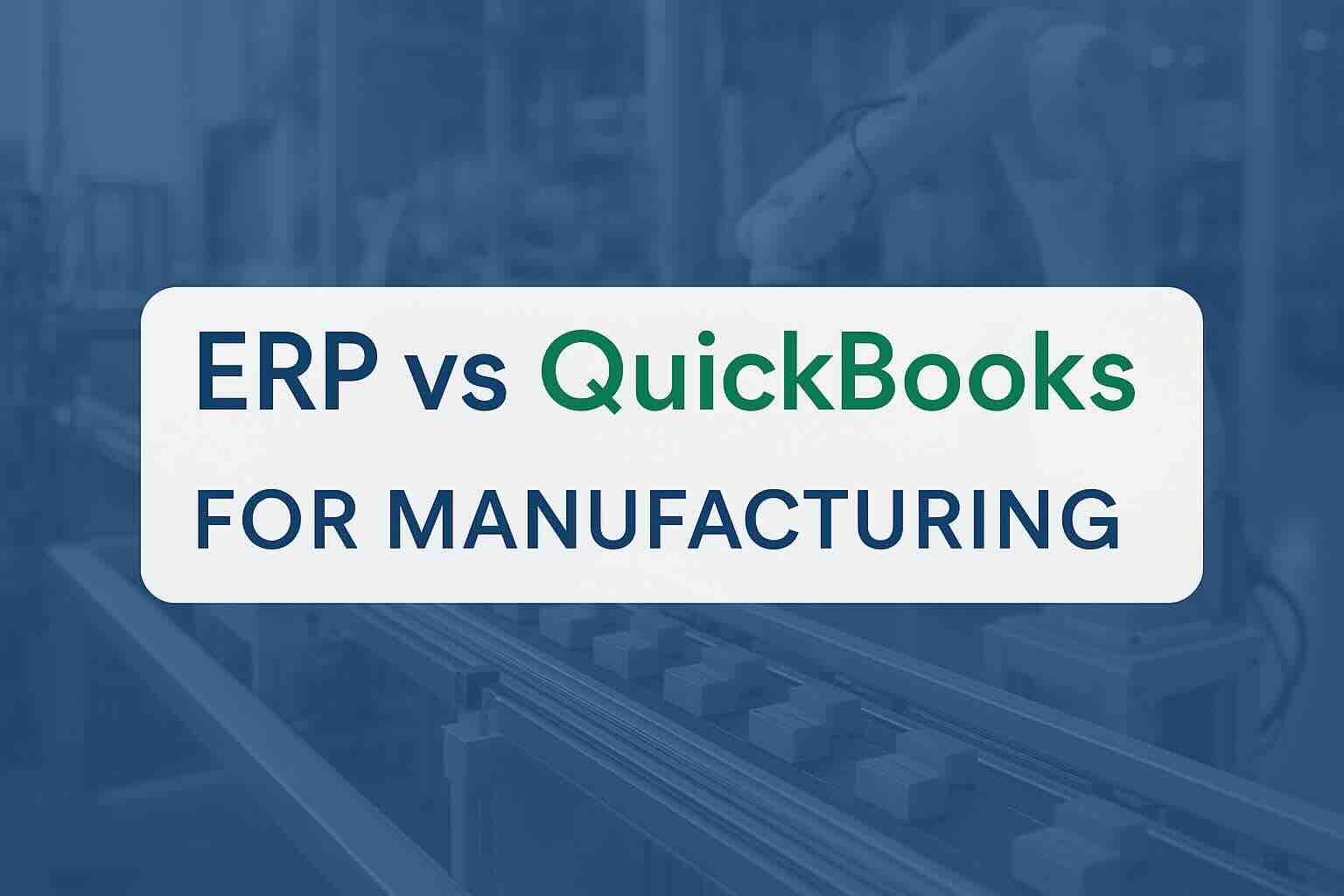Is Odoo a Good ERP for Healthcare?

In the healthcare industry, managing operations efficiently, ensuring regulatory compliance, and maintaining high standards of patient care are crucial for success. Enterprise Resource Planning (ERP) systems integrate various business processes, enhancing operational efficiency and improving decision-making capabilities. One such ERP solution is Odoo. But is Odoo a good ERP for healthcare? This blog will explore the strengths and weaknesses of Odoo, helping you determine if it is the right fit for your healthcare organization.
Strengths of Odoo for Healthcare
- Comprehensive FunctionalityOdoo offers a wide range of modules that can be tailored to the specific needs of healthcare organizations. These modules include patient management, appointment scheduling, billing and invoicing, inventory management, and human resources. This comprehensive functionality ensures that all aspects of healthcare operations are integrated and streamlined.
- User-Friendly InterfaceOne of Odoo’s standout features is its user-friendly interface. The system is designed to be intuitive and easy to navigate, reducing the learning curve for healthcare staff and enhancing productivity. This ease of use is particularly beneficial in healthcare settings where time and efficiency are critical.
- Customization and FlexibilityOdoo’s modular architecture allows healthcare organizations to customize the system according to their specific requirements. This flexibility ensures that the ERP system aligns with unique processes and workflows. Whether it’s managing patient records, tracking inventory, or handling financial transactions, Odoo can be tailored to fit the needs of the organization.
- Cost-Effective SolutionOdoo is known for its cost-effectiveness, especially compared to proprietary ERP systems. Its open-source nature allows healthcare organizations to avoid high licensing fees, making it an attractive option for facilities with limited budgets. Additionally, the modular pricing means that organizations only pay for the features they need.
Weaknesses of Odoo for Healthcare
- Implementation ComplexityWhile Odoo’s customization options are a significant advantage, they also add complexity to the implementation process. Setting up the system to meet specific healthcare needs can be time-consuming and may require the assistance of external consultants. This complexity can delay the realization of benefits and increase implementation costs.
- Limited Industry-Specific FeaturesWhile Odoo offers a broad range of modules, it may lack some advanced industry-specific features found in specialized healthcare ERP systems. For example, it might not have built-in capabilities for managing electronic health records (EHR) or complying with healthcare regulations like HIPAA without significant customization.
- Support and DocumentationSome users have reported that Odoo’s support and documentation could be improved. While the open-source community provides a wealth of resources, official support and comprehensive documentation are not always as robust as those offered by larger, proprietary ERP vendors. This can make troubleshooting and resolving issues more difficult.
How Odoo Can Benefit Healthcare Organizations
Despite some limitations, Odoo offers several features that can significantly benefit healthcare organizations. The system’s comprehensive functionality ensures that all aspects of healthcare operations are integrated, from patient management to billing and invoicing. The user-friendly interface makes it easy for staff to adopt and use the system, enhancing productivity and efficiency. Customization options allow healthcare facilities to tailor the ERP system to their specific needs, ensuring a perfect fit for their operations. Additionally, Odoo’s cost-effectiveness makes it an attractive option for facilities with limited budgets.
Conclusion
Odoo ERP offers a range of powerful tools that can significantly benefit healthcare organizations. Its strengths in comprehensive functionality, user-friendly interface, customization, and cost-effectiveness make it an attractive option for many healthcare facilities. However, the system also presents challenges, such as implementation complexity, limited industry-specific features, and support and documentation issues. Healthcare organizations must weigh these factors carefully against their specific needs and resources.
Ultimately, whether Odoo is the right choice for a healthcare organization depends on its size, budget, and operational requirements. By thoroughly evaluating these aspects and considering potential challenges, healthcare facilities can make an informed decision that aligns with their strategic goals and enhances their operational efficiency.
To compare Odoo with 100s of other ERP solutions, you can use our new AI-powered Compare ERP tool. It’s free to use and you get a guaranteed discount on your first year’s licence fees with a referral from Compare ERP.









